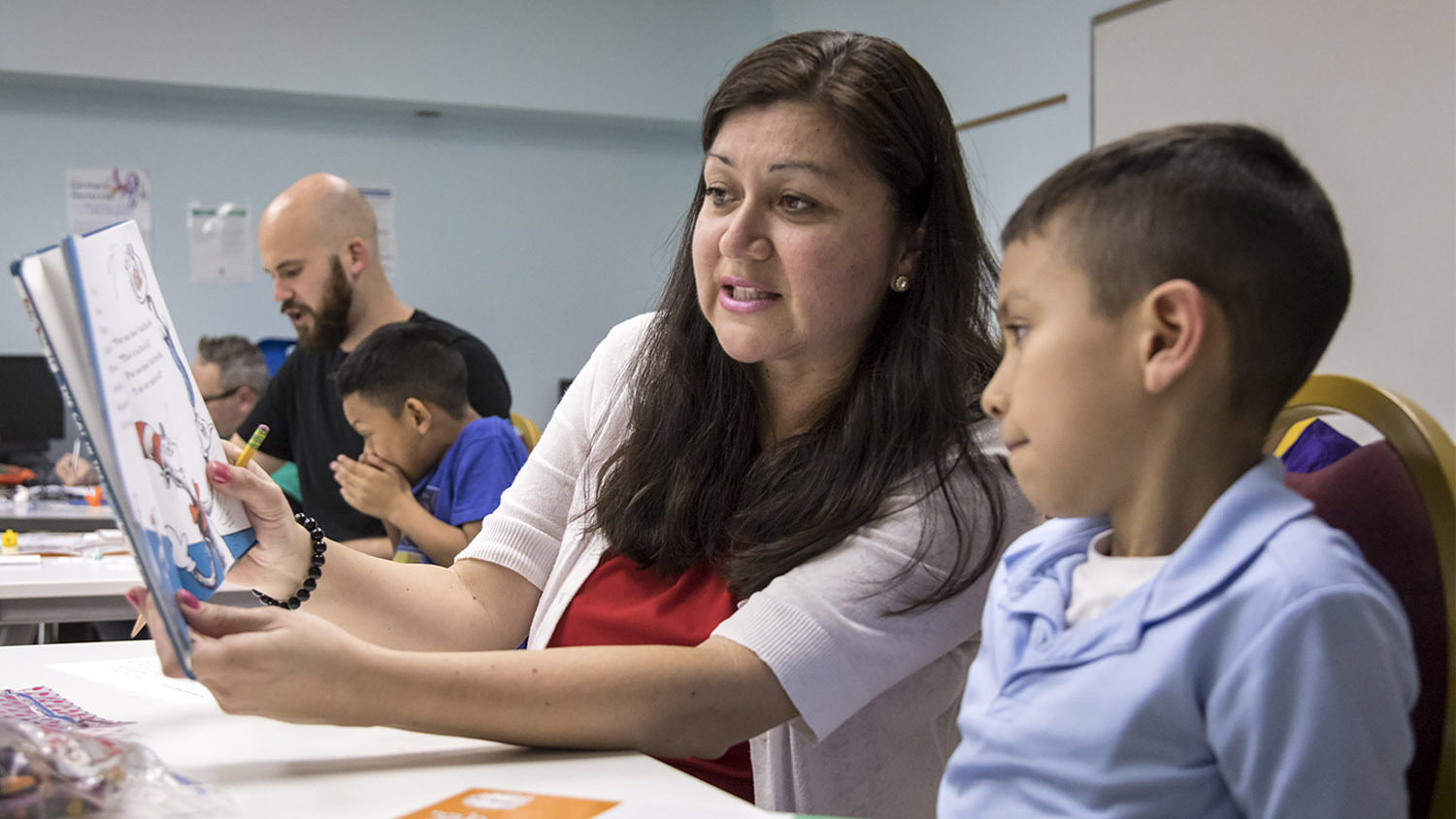iPad Minis, Mobile App Improve Efficiency of NC State’s Counselor Education Program

When Adria Shipp Dunbar, Ph.D., assistant professor of counselor education, arrived at the NC State College of Education five years ago, she was developing a solution that she hoped would make the supervision of counselor education students simpler.
Graduate students in the Counselor Education Program must complete 600 internship hours and 100 practicum hours, filming their sessions with clients at schools, colleges and clinics to share with supervisors at the NC State College of Education.
“We have students who are at sites covered by FERPA and sites covered by HIPAA, so when we share these recordings, we have to be really careful and make sure they’re really secure so the information is confidential and we’re protecting clients,” Dunbar said.
The previous solution to keeping files secure was to issue two tablets to each student, one of which would be returned to supervisors each week so they could view the videos and give feedback. In addition to being cumbersome, this model was not workable for students in the online program, which began in 2016.
To find an easier way to share the recordings, Dunbar developed a mobile app that allows students to record sessions and upload the videos to a secure server for supervisors to view. The Counselor Education Program then received funding from the NC State College of Education’s Educational and Technology Fee Committee to distribute iPad minis to all students in the online and on-campus program, eventually creating a 1:1 model.
“The iPads have proven very beneficial to our students and faculty since the 1:1 model has been implemented,” said Siu-Man “Raymond” Ting, Ph.D., professor and Counselor Education Program coordinator. “Students can meet and receive instruction and support from faculty easily, and it is very convenient for them to meet securely online for supervision.”
Doctoral student Erik Messinger ’21PHD said that the iPads have made accessing client videos for his own review and to share with supervisors quick and easy since he began using one last semester.
“The app gives instructors instantaneous access to view videos,” he said. “Students are even able to add notes to the video submissions, so instructors are able to focus and pay attention to things students want them to be mindful of and provide feedback on.”
Dunbar said she believes the 1:1 model allows instructors to give higher-quality supervision, because they no longer need to focus energy on keeping track of recordings on different devices. In addition, the app, when used in combination with Google docs, has a picture-in-picture feature that allows supervisors to take notes as the video plays.
Messinger, who has also utilized the iPads in his role as a teaching assistant in the program, said they have helped save time for students and instructors.
“They give students the autonomy to upload videos right after they are recorded. This, in turn, provides me with a quicker turnaround to view the tapes and give feedback that students need to grow into their roles as professional counselors,” he said. “I can view the videos on my time and I don’t need to wait until I physically have the students’ tablets.”
The app also helps students log their hours, which allows them to keep track of their progress and helps supervisors quickly address issues with students who are falling behind or who are not getting enough access to clients during their on-site internships and practicums.
“The app has really improved the efficiency of the clinical and supervision process in just the last year,” said Helen Lupton Smith, Ph.D., clinical coordinator and assistant teaching professor of counselor education. “It has made viewing videos so much more accessible in the individual and group supervision process, thereby really enhancing our counselor trainees’ development”
Now that the 1:1 model has been successfully implemented, Dunbar said she hopes to continue developing the app to elevate the quality of supervision instructors provide. Her goal is to add features that would track student goals, allow on-site supervisors to sign off on hours, and allow supervisors to create time stamps to help point out specific elements of a session to students.
“It helps the supervisor if we can get to that level of being able to pinpoint specific feedback that’s really based on what the student needs,” she said.
- Categories:


